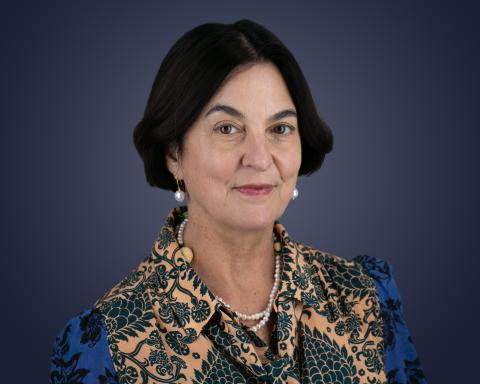François Godard was quoted in The Telegraph on "Corruption scandal puts billionaire BT shareholder under pressure"
24 July 2023“It’s obviously bad because it throws into doubt the reliability of the organisation and the governance,” says François Godard, an analyst at Enders Analysis.
“It has the immediate effect of forcing the company to scrutinise everything. You stop all your dealings, you stop all new contracts, you look at existing contracts and you have to run checks on all supply agreements.”
Godard adds: “Even if in a few months’ time we see that it was limited to one person and a few suppliers, in the meantime the whole business has been disrupted.”

